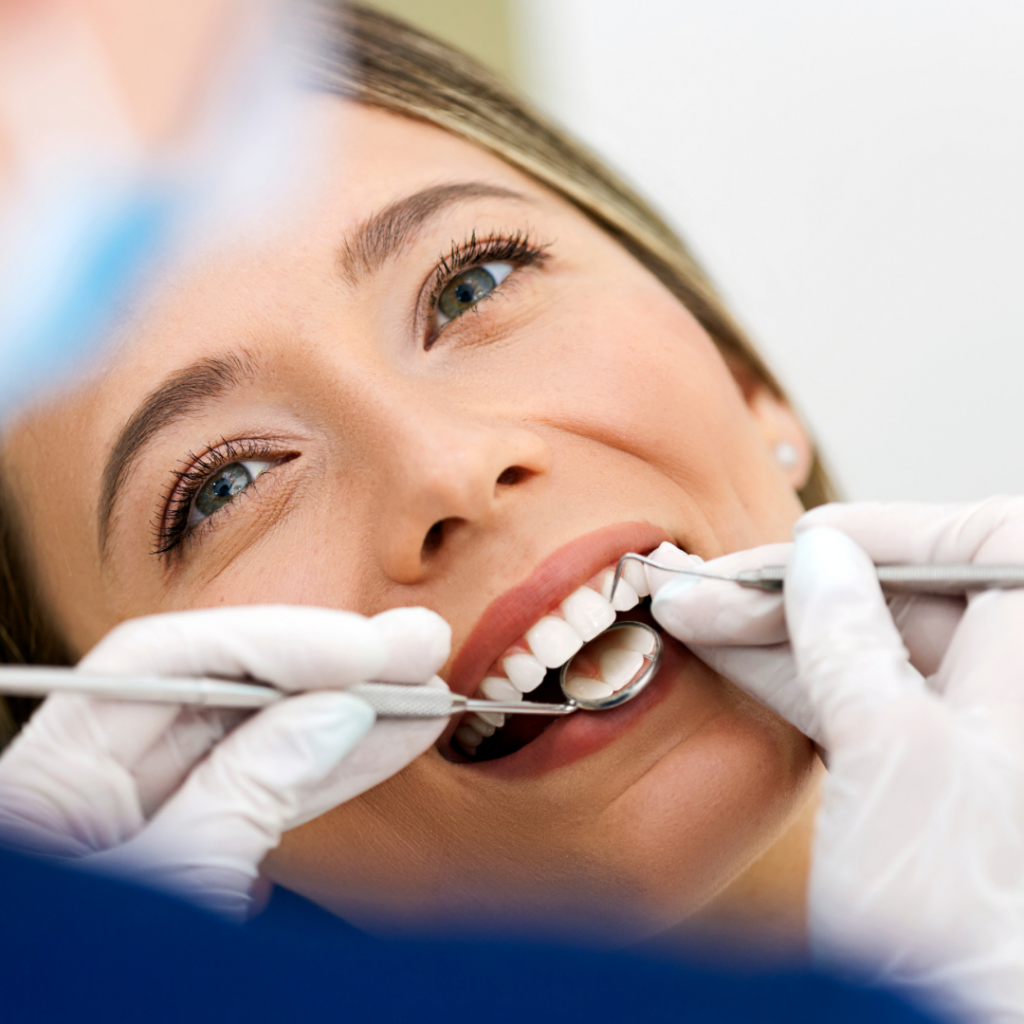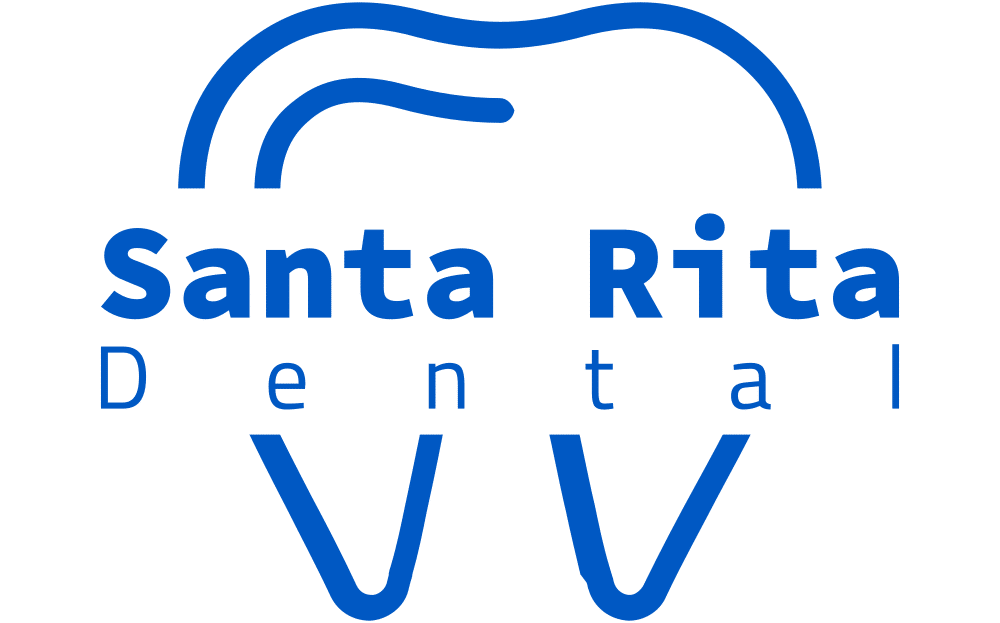
Maintaining good oral hygiene is essential for overall health and well-being. While brushing and flossing are the foundation of a proper oral care routine, dental cleaning, also known as prophylaxis, plays a vital role in achieving optimal oral health. In this blog post, we will delve into the significance of dental cleaning, why it is essential, and how often patients should undergo this procedure.
The Importance of Dental Cleaning:
- Plaque and Tartar Removal: Even with regular brushing and flossing, it is typical for plaque and tartar to accumulate on teeth surfaces and along the gumline. Dental cleaning is designed to remove these stubborn deposits that cannot be eliminated by regular brushing alone. By removing plaque and tartar, dental cleaning helps prevent tooth decay, gum disease, and other oral health issues.
- Preventing Gum Disease: Gum disease, also known as periodontal disease, is a severe condition that affects the gums and supporting structures of the teeth. Dental cleaning prevents gum disease by removing bacteria and toxins that can lead to inflammation and infection. Regular cleanings reduce the risk of developing gingivitis (early-stage gum disease) and help maintain healthy gums.
- Early Detection of Dental Problems: During a dental cleaning, a dental professional thoroughly examines your mouth, gums, and teeth. This process allows them to identify any potential dental issues early. From cavities and tooth decay to oral cancer screenings, dental cleanings provide an opportunity for early detection, leading to prompt treatment and better overall oral health outcomes.
- Fresher Breath and Whiter Teeth: Persistent bad breath can often be traced back to oral health problems such as gum disease or tooth decay. Dental cleanings help eliminate the bacteria responsible for bad breath, leaving you with fresher breath and a cleaner mouth. Additionally, removing surface stains and polishing the teeth during a dental cleaning can contribute to a brighter, whiter smile.
How Often Should Patients Undergo Dental Cleaning?
The frequency of dental cleanings may vary depending on individual factors such as oral health, medical history, and dental conditions. However, a general guideline suggests scheduling a dental cleaning every six months for most individuals. This semi-annual schedule allows removing plaque and tartar buildup, regular oral examinations, and early intervention if necessary. However, some patients may require more frequent cleanings, such as those with a history of gum disease or certain medical conditions.
Conclusion:
Regular dental cleaning is fundamental to maintaining good oral health. By removing plaque, tartar, and bacteria, dental cleanings prevent gum disease, tooth decay, and other oral health problems. Additionally, these cleanings offer an opportunity for early detection and treatment of dental issues. Please consult with your dentist to determine the best frequency for dental cleanings based on your needs. By prioritizing dental cleaning as part of your oral care routine, you can enjoy a brighter smile and improved oral health for years.
